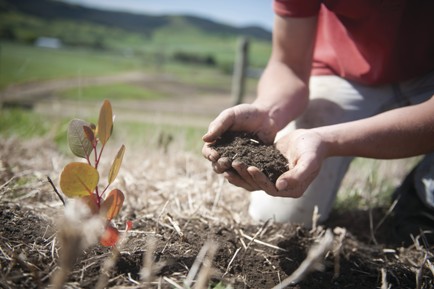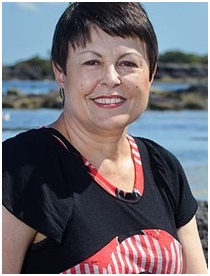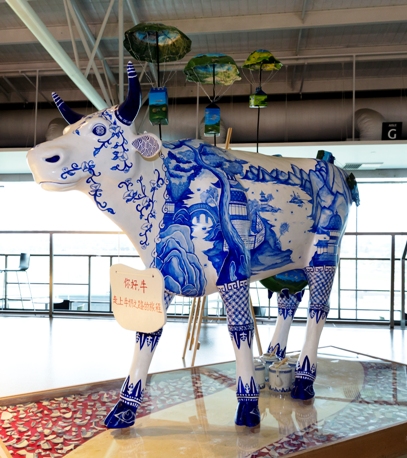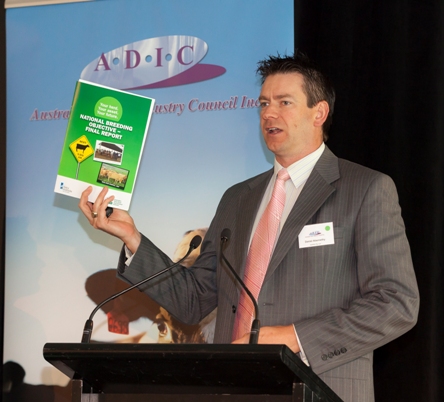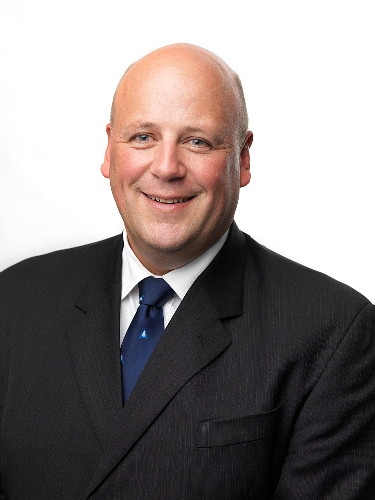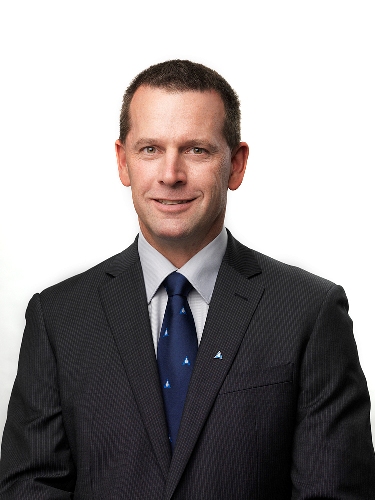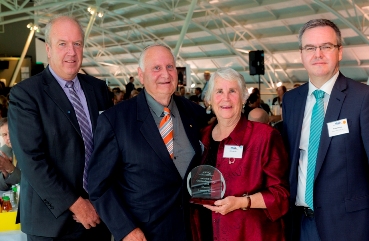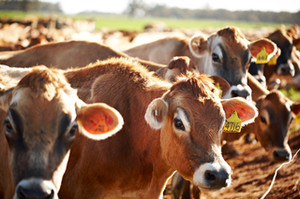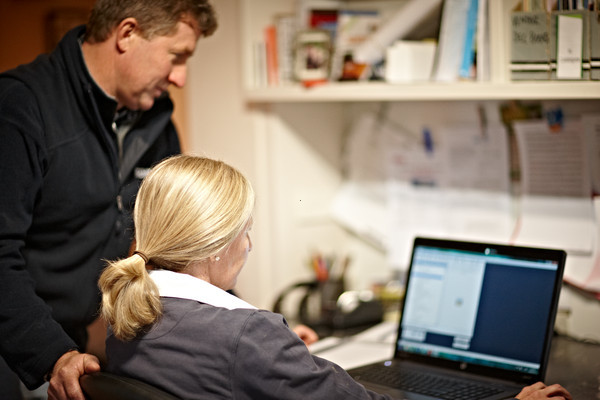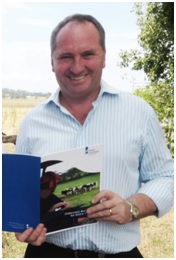The Australian Dairy Industry Sustainability Framework outlines the industry’s commitment to enhance livelihoods, improve wellbeing and reduce our environmental footprint.
To ensure dairy is recognised worldwide as a responsible, responsive and prosperous producer of nutritious food, the Framework sets 11 economic, social and environmental targets to be achieved by the year 2020.
The second Sustainability Framework Progress Report is due to be released in December to benchmark how the industry is tracking towards achieving these targets, including supporting case studies to back these findings.

The ADF Update had the opportunity to preview some of the report’s preliminary findings, which can be found below.
ü 14.5% reduction in volume of green house gas emissions intensity generated by dairy manufacturers’ use of fuel and electricity since 2010/11 – a 30% reduction is the target set by 2020.
ü 46% of on-farm and factory workers now have a documented occupational health and safety (OH&S) plan – by 2020, the framework aims for 100% to have completed OH&S training.
ü 56% of farmers are aware of a new set of animal welfare standards and guidelines for cattle that have been developed – whilst yet to be legislated, the industry seeks 100% compliance with the guidelines’ standards by 2020.
ü 10.5% reduction in water consumption since 2010/11 – a 20% reduction by 2020 is the target set for the manufacturing sector.
ü 44.5% reduction in waste to landfill by manufacturers since 2010/11, which has already met and exceeded the target of a 40% reduction by 2020.
Dairy Industry Sustainability Framework Steering Committee Chair, Chris Griffin said the 2014 Progress Report provides evidence the dairy industry is committed to delivering mutually beneficial outcomes for the community and the environment.
“The Report demonstrates the benefits of the value chain working together to help create value for our industry, our customers and the community,” Mr Griffin said.
“Built on existing industry activities, we hope it will provide guidance to farmers, dairy companies and industry bodies on achieving our shared priorities and commitments.”
To view the 2014 Progress Report online, stay tuned to www.australiandairyfarmers.com.au over the coming week.

